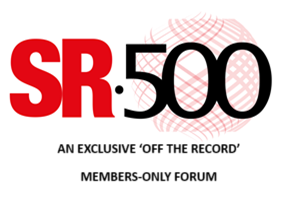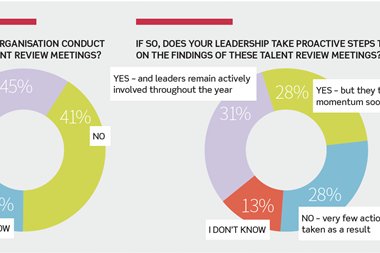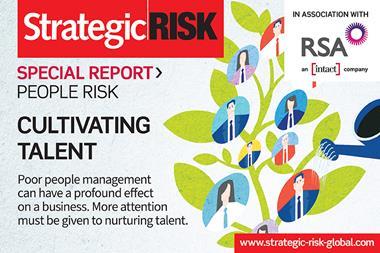In the face of an increasingly volatile global landscape, organisations must address the dual challenges of rising geopolitical risks and the ensuing impact on employees’ mental health and wellbeing.
Insights from the International SOS Risk Outlook 2024 report reveal this pressing concern; the permacrisis environment is taking a significant toll on both organisations and individual wellbeing.

It found that 65% of risk professionals agree that the world has become more dangerous throughout the last year and around three-quarters of them expect employee mental health to have a significant impact on their organisation this year.
The global spread of political polarisation has also intensified. Over half (53%) of countries analysed in the 2023 Edelman Trust Barometer report feeling more divided than ever, with distrust in government as a key driver.
This distrust extends beyond governments, as International SOS Risk Outlook data reveals that employees now trust their employers more than public services as information sources.
Growing polarisation can impact workplace dynamics, leading to changes in employee behaviour and increased levels of personal friction.
HOW TO MANAGE THE THREATS
To mitigate these risks, organisations should develop programmes to safeguard their employees, including a comprehensive workplace violence prevention programme, having escalation planning in place, and implementing policies clearly stating acceptable and unacceptable behaviours within their workplace.
Early intervention and clear communication can help prevent minor disagreements from escalating.
The relentless cycle of crises creates not only operational disruptions but also a mental health risk for employees.
Pre-existing demands for better mental health support have become even more pressing as employees face increased stress, anxiety and burnout from prolonged exposure to geopolitical tensions, cost of living impacts and uncertainty.
“Organisations require a layered security approach which prioritises their workforce’s security, health and wellbeing, to better equip them to navigate these challenging times.”
Organisations must address this head-on, understanding and mitigating the often-multifaceted impact of geopolitical issues.
Dr Rodrigo Rodriguez-Fernandez, global health advisor, wellness & mental health, at International SOS, comments, “Periods of geopolitical turmoil can exacerbate employee mental health challenges. Organisations have a vital role to play in mitigating this and fostering a culture of trust.
“Clear and reliable communication can be a critical tool for reducing employee stress and anxiety, enabling organisations to cultivate a more resilient and engaged workforce.
“As we go into the second half of 2024, it is vital for organisations to continuously monitor evolving risks and proactively anticipate and plan for a range of potential disruptions.
“Organisations require a layered security approach which prioritises their workforce’s security, health and wellbeing, to better equip them to navigate these challenging times.”
Key tactics to adopt
International SOS recommends the following strategies for organisations to navigate the rising global geopolitical risks and their impact on employee health.
Targeted crisis communication: Develop a multi-channel and integrated communication plan tailored to employee location, role and specific needs during a geopolitical crisis. This system should include SMS, push notifications and other appropriate channels to maintain consistent contact, confirm employee safety and provide immediate assistance or evacuation as needed.
Crisis response training: Implement a comprehensive crisis response training programme that incorporates interactive workshops, simulations and e-learning modules to educate employees on geopolitical risks, potential impacts, and response protocols. This should include education on how employees can stay informed and identify misinformation during periods of geopolitical uncertainty.
Mental health support: Provide easy and confidential access to mental health resources and support programmes, including a dedicated employee assistance programme hotline and counselling services to help employees manage anxiety, stress and build resilience. Foster a culture of open communication and encourage employees to seek support if they are struggling with the emotional impact of global events.
Continuously adapt: Conduct a thorough review after an incident to identify what worked and what did not in the crisis management process. Establish a feedback loop to gather insights from employees at all levels after a crisis to identify areas for improvement in the response strategy, particularly regarding the effectiveness of communication and support during incidents.














No comments yet